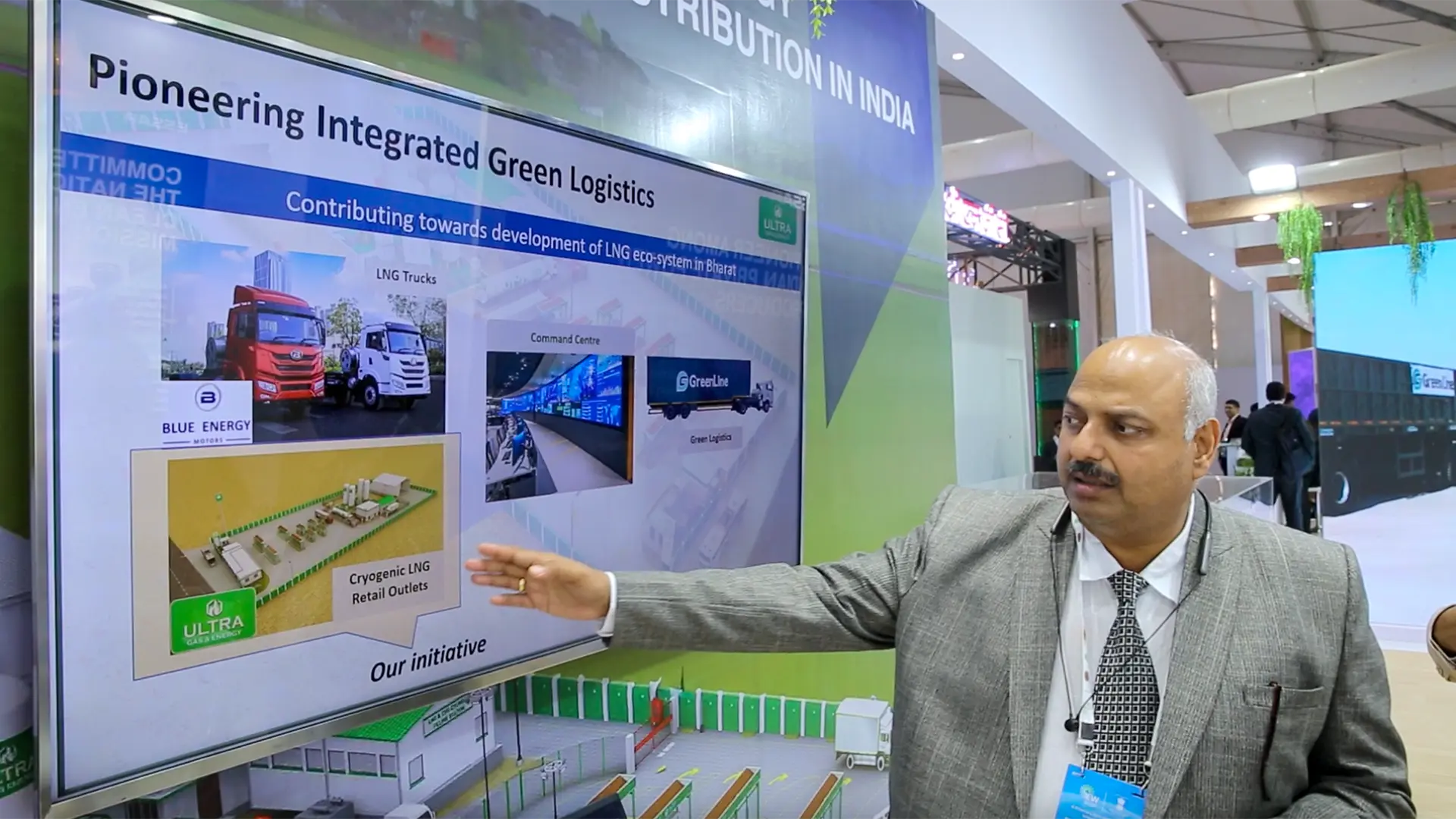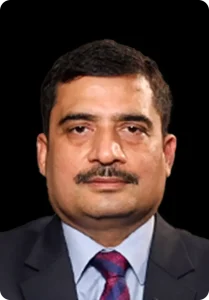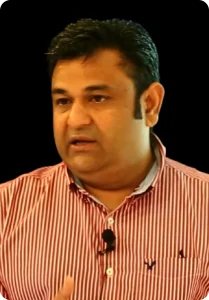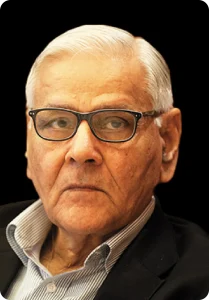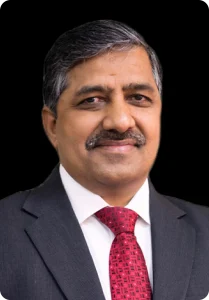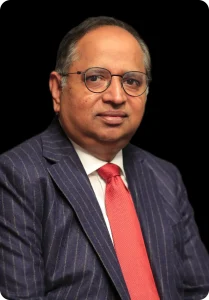At the recent India Energy Week event, Essar proudly showcased its commitment to building a Liquefied Natural Gas (LNG) ecosystem with a clear vision to decarbonise India’s road logistics.
Acknowledging the critical crossroads in India’s road transportation sector, Essar has adopted a unique strategy to balance economic growth with environmental responsibility. The initiative, with a primary focus on the decarbonisation of the Indian road logistics sector, actively promotes eco-friendly and low-emission methods for long-haul heavy-duty freight transportation through the utilisation of LNG.
Leading this change is Blue Energy Motors, our manufacturing arm, which is pioneering the production of India’s first fleet of LNG-powered heavy-duty trucks. In tandem, GreenLine Mobility Solutions Limited (GreenLine) ensures the seamless availability of LNG-powered vehicles for long-haul operations, while Ultra Gas & Energy Limited (UGEL) is establishing a nationwide network of green fuel hubs, ensuring efficient distribution of LNG across the country.
During the event, Mr. Maqsood Shaikh, MD & CEO of UGEL, stressed upon the pivotal role of adopting LNG as the primary fuel for long-distance road transport in India. This adoption is a crucial step towards establishing an environmentally friendly and sustainable future for the transportation industry. LNG trucks significantly reduce CO2 emissions, eliminate SOx, and decrease both NOx and Particulate Matter compared to diesel trucks.
Currently, GreenLine operates a fleet of 350 LNG-powered trucks and aims to expand to a total of 5,000 LNG trucks by the financial year 2025.
Meanwhile, UGEL, a prominent provider of green energy solutions in India, aims to significantly reduce emissions by offering eco-friendly alternatives. Its primary focus is on establishing a nationwide network of green fuel hubs. With plans to establish 200 green fuel hubs, the company aims to invest over INR 2,000 crore in this endeavour.
Each UGEL green fuel hub has the potential to scale up to an LNG storage capacity of 50 tonnes. These hubs cater to a monthly fleet of up to 600 LNG-powered trucks, aiming to reduce approximately 70,000 tons of CO2 emissions annually by replacing diesel in heavy trucking.
Essar’s initiative marks a significant step in reducing scope 3 emissions of corporates and propels India towards the decarbonisation of heavy freight transportation. Through the adoption of LNG-powered trucks, industries can actively contribute to reducing the carbon footprint of heavy trucking, mitigating harmful emissions, and enhancing their Environmental, Social, and Governance (ESG) performance.
This commitment and its impact were clearly showcased at the event, demonstrating Essar’s leadership in driving sustainable solutions for the transportation industry.

